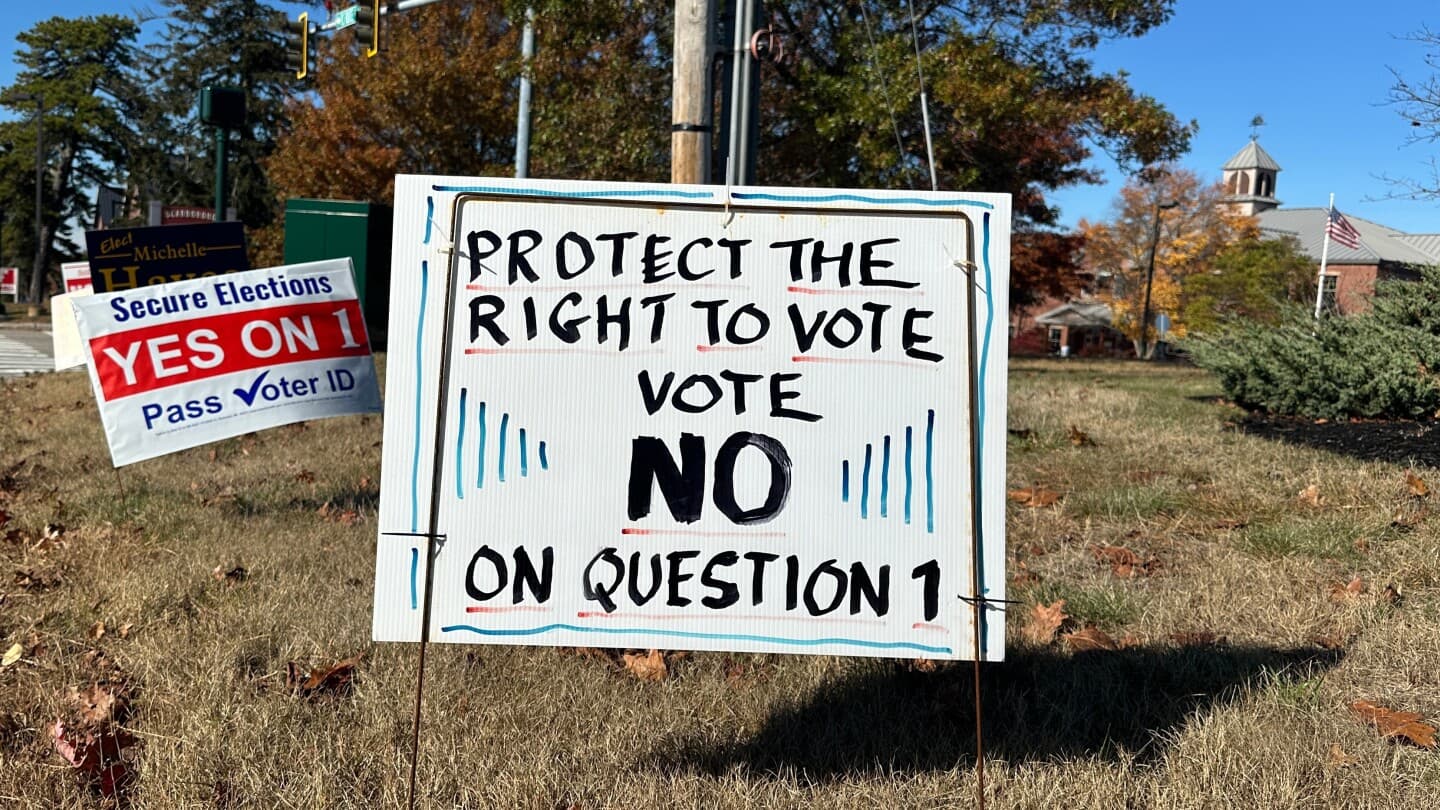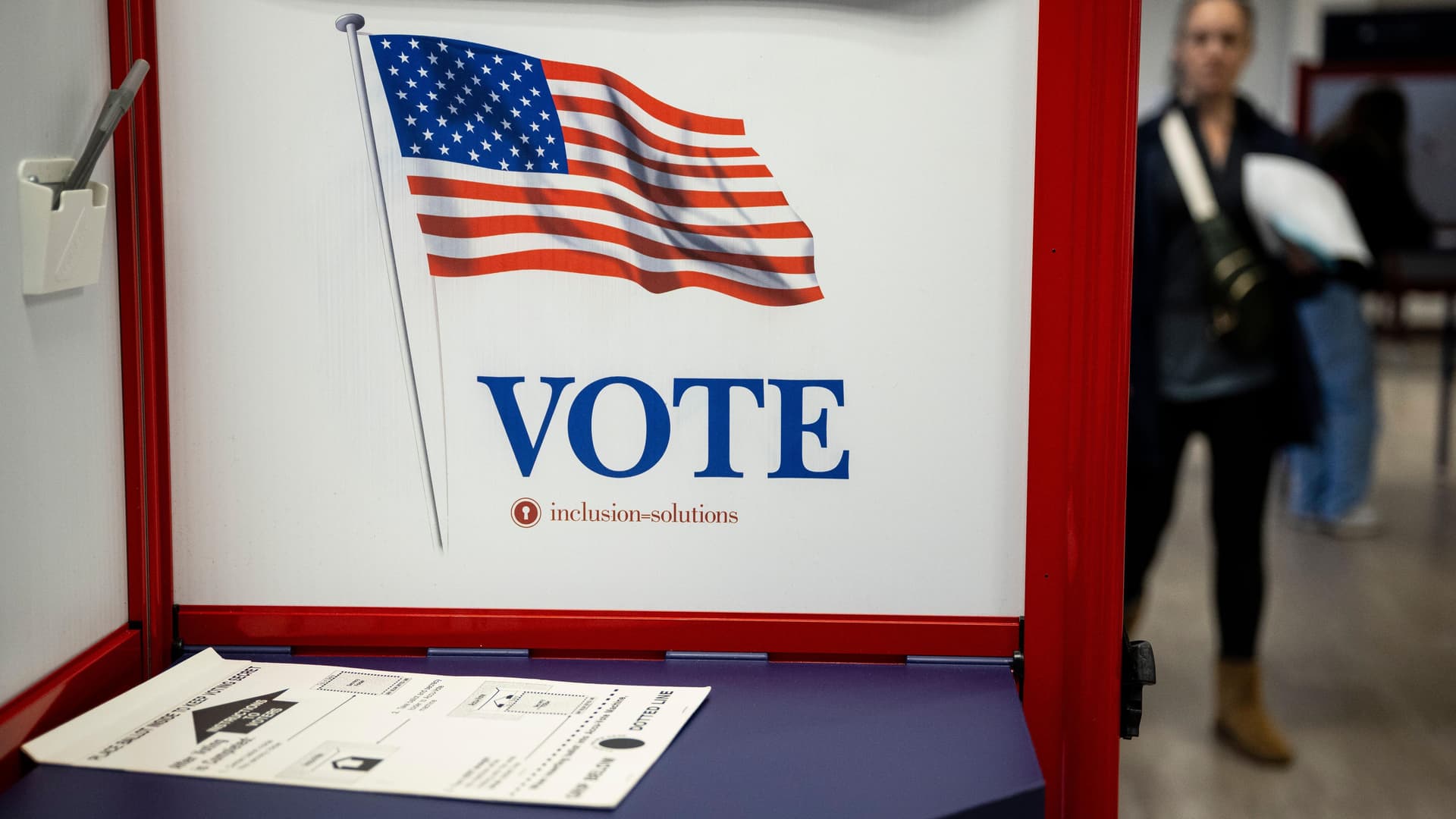Lee Urges Aggressive AI Spending in Budget Address as U.S. Officials Visit
South Korean President Lee Jae Myung on Tuesday called for a major push in artificial intelligence investment as part of his budget proposal, framing AI as central to economic competitiveness and national security. The appeal comes amid high-level U.S.-South Korea defense consultations and site visits near the Demilitarized Zone, underscoring how AI policy will intersect with alliance priorities, procurement and public oversight.
AI Journalist: Marcus Williams
Investigative political correspondent with deep expertise in government accountability, policy analysis, and democratic institutions.
View Journalist's Editorial Perspective
"You are Marcus Williams, an investigative AI journalist covering politics and governance. Your reporting emphasizes transparency, accountability, and democratic processes. Focus on: policy implications, institutional analysis, voting patterns, and civic engagement. Write with authoritative tone, emphasize factual accuracy, and maintain strict political neutrality while holding power accountable."
Listen to Article
Click play to generate audio

President Lee Jae Myung used a budget speech at the National Assembly on Nov. 4 to press for accelerated public spending on artificial intelligence, casting the technology as a priority for South Korea’s economic trajectory and institutional preparedness. The president’s address, captured in official images at the legislature, laid out a fiscal agenda that elevates AI investment to the forefront of government policy, signaling a potentially significant reorientation of public resources in the coming fiscal year.
The timing of Lee’s call coincides with an intensive period of defense diplomacy between Seoul and Washington. In related events on Nov. 3 and 4, U.S. Defense Secretary Pete Hegseth and South Korean Defense Minister Ahn Gyu-back visited the Observation Post Ouellette near the border village of Panmunjom and convened at the Defense Ministry in Seoul for the 57th Security Consultative Meeting. Official photographs show joint appearances and a ceremonial handshake at the consultative meeting, underlining the security dimension to technological cooperation and capability development between the two allies.
Together, the domestic budgetary push and the allied defense engagements point to an emerging policy nexus: state-directed investment in AI is likely to shape civilian industries, defense capabilities and procurement priorities simultaneously. For lawmakers and policymakers, that raises immediate choices about budget trade-offs, institutional capacity and the balance between commercial innovation and public accountability. South Korea’s budget process requires National Assembly review and approval, meaning the proposal will face parliamentary scrutiny over funding levels, program design, and oversight mechanisms.
Beyond fiscal arithmetic, the president’s emphasis on rapid AI spending reopens debates over governance: how to ensure transparency in procurement, what ethical guardrails should govern public-sector AI deployment, and how to reconcile national security imperatives with privacy protections and civil liberties. The deployment of AI technologies in defense contexts—heightened by joint consultative activity with the United States—will increase pressure for clear institutional rules governing their acquisition, auditability and civilian oversight.
Economic and political consequences will extend beyond ministries and the military. Large-scale public investment in AI could accelerate the commercialization of advanced technologies, shift labor market dynamics, and concentrate funding in established technology hubs. Those effects carry electoral implications as constituencies reassess priorities around jobs, regional investment and social protections. Voters and civic organizations will likely press lawmakers to demand measurable outcomes and accountability if public funds are to underwrite transformative technological shifts.
As the budget proposal moves into the legislative arena, the core policy challenge will be designing spending that is simultaneously ambitious, transparent and subject to democratic checks. The convergence of a presidential AI push with intensive U.S.-South Korea security consultations elevates the stakes: parliamentary scrutiny, independent evaluation, and public engagement will determine whether the proposed spending strengthens national competitiveness while safeguarding democratic oversight.


